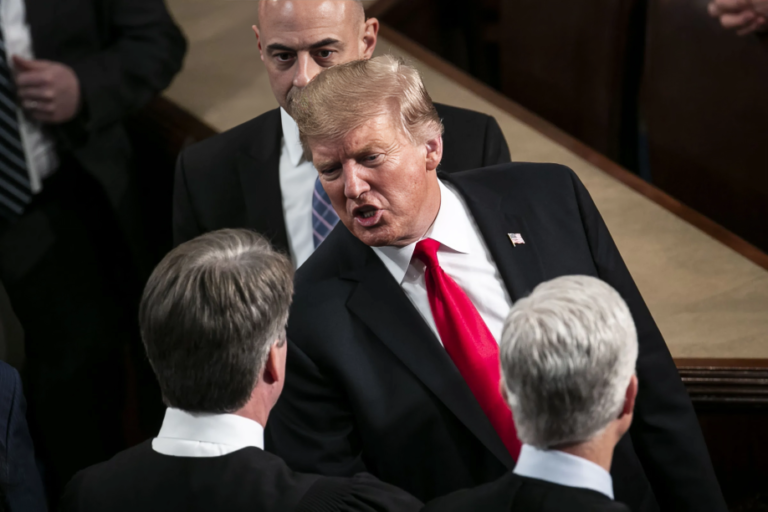China has initiated an investigation into Nvidia, citing potential violations of the nation’s anti-monopoly laws. This decisive move comes in the wake of escalating tensions between Beijing and Washington, and it is widely perceived as a retaliatory measure against the latest restrictions imposed by the U.S. on the Chinese semiconductor sector.
The State Administration for Market Regulation (SAMR) announced the inquiry on Monday, though the details surrounding the specific allegations remain vague. Nvidia, a global leader in artificial intelligence and gaming chips, has not been explicitly informed of how it might have breached these anti-monopoly regulations. Additionally, the investigation raises questions about Nvidia’s compliance with commitments made during its acquisition of Israeli chip designer Mellanox Technologies. This deal was granted conditional approval by Chinese regulators in 2020, with stipulations designed to ensure fair competition.
Investors reacted swiftly to the news, with Nvidia’s shares dropping by 2.2% in pre-market trading in New York. The company did not immediately respond to requests for comment, leaving many to speculate on the potential implications of this investigation for its operations in China, a crucial market for the tech giant.
This investigation unfolds against the backdrop of a broader crackdown by the U.S. government on China’s semiconductor industry, marking the third such effort in three years. Last week, Washington introduced further export curbs, targeting 140 companies, including critical players in chip manufacturing. These measures are part of a strategic initiative to limit China’s access to advanced technologies that could bolster its military and economic capabilities.
In a clear indication of its resolve, China has responded to the U.S. measures by imposing its own restrictions. Shortly after Washington’s announcement, Beijing banned the export of essential minerals, including gallium, germanium, and antimony, which are critical components in various high-tech applications. This tit-for-tat exchange underscores the intensifying rivalry between the two superpowers and highlights the intricate interdependencies within the global technology supply chain.
Beijing’s approval of Nvidia’s acquisition of Mellanox was accompanied by stringent conditions aimed at maintaining competition in the market. These included prohibitions on forced product bundling, unreasonable trading terms, purchase restrictions, and discriminatory practices against customers who opt to buy products individually. The current investigation may further scrutinize these practices, potentially impacting Nvidia’s operational strategies in the region.
Historically, China has not shied away from investigating foreign firms under its anti-monopoly laws. The last notable instance occurred in 2013 when Qualcomm faced scrutiny for overcharging and abusing its dominant position in wireless communication standards. That investigation culminated in Qualcomm agreeing to pay a staggering $975 million fine, which, at the time, was the largest penalty ever imposed by China on a single company.
As the investigation unfolds, the tech sector and investors worldwide will be closely watching the developments. The outcome could have significant ramifications not only for Nvidia but also for the broader landscape of international trade and technology collaboration. In an era defined by rapid technological advancement and geopolitical strife, the stakes have never been higher.













+ There are no comments
Add yours